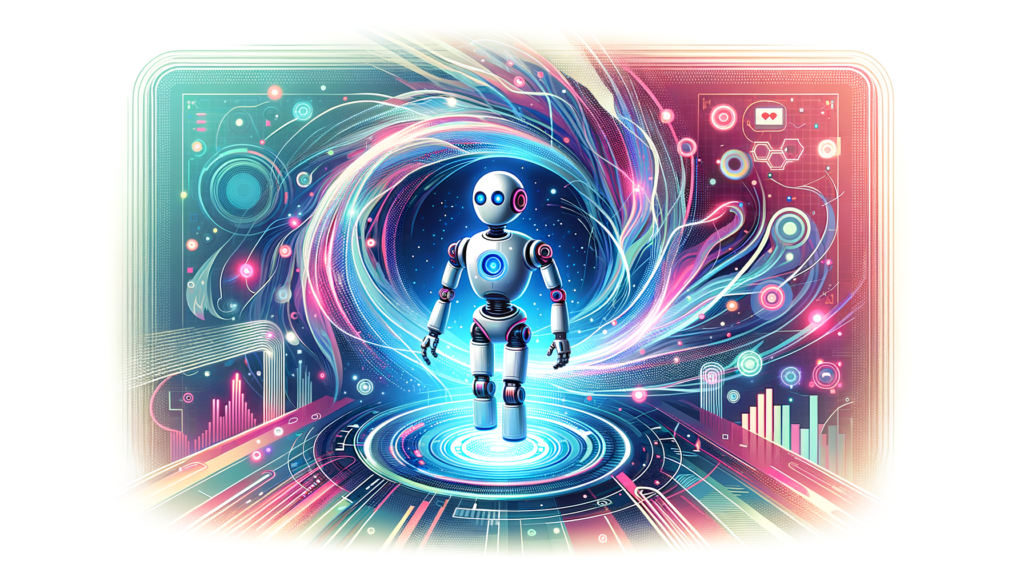Is the Open Web Under Siege? The Rise of AI Crawlers and the Fight to Keep the Internet Free
The internet has always been an open space for information exchange, but AI crawlers are changing the game. As companies like OpenAI and Anthropic scrape massive amounts of data to train their AI models, website owners are pushing back—blocking, restricting, and even suing to protect their content. But these actions don’t just impact AI companies. They’re also creating new barriers that could fragment the web and make access to information harder for everyone. In this deep dive, we’ll explore what’s really at stake in the war between AI crawlers and web publishers.
📜 Topics included in this post
- What AI crawlers are and how they work
- Why websites are blocking AI-driven data collection
- The potential consequences of web fragmentation
- How anti-crawling measures impact everyday users
- Possible solutions to balance open access and content protection
Access the full article by clicking the button below…
Understanding AI Crawlers: The Backbone of Data Collection
AI crawlers, also known as web scrapers, play a crucial role in the digital ecosystem. They collect data from millions of websites, fueling search engines, pricing aggregators, and AI training datasets. Google, Amazon, and many other companies rely on these bots to make their services more efficient and relevant.
Why Websites Are Fighting Back Against AI Crawlers
Despite their usefulness, AI crawlers have triggered a backlash. Many website owners fear that AI companies are using their content without proper credit or compensation. This concern has led to lawsuits, policy changes, and technological defenses to keep AI crawlers out.
The Risks of a Fragmented Internet
If more sites block AI crawlers, the web as we know it could change drastically. News websites, academic platforms, and creative forums could lock their content behind paywalls and logins, making it harder for users to access information freely.
How Anti-Crawling Measures Affect You
Restricting AI crawlers isn’t just a problem for tech companies—it affects everyday users, too. Tighter access controls mean more CAPTCHA verifications, restricted search results, and less accessible content for researchers, journalists, and educators.
Finding a Middle Ground: Can AI and Web Publishers Coexist?
Balancing the needs of AI companies and content creators requires careful regulation. Ethical AI development, fair compensation models, and transparent data use policies could offer a way forward. If done right, the internet can remain open while ensuring that content creators are fairly rewarded.
Want to Learn How to Profit from AI Trends?
As AI changes the digital landscape, there are new ways to capitalize on this shift. One great resource is the Paid Online Writing Jobs Course, which teaches how to leverage AI and content writing for online income. Whether you’re a freelancer or looking to start a digital business, this course can help you stay ahead in the AI era.
3 AI business ideas related to this topic |
Check out 3 interesting AI business about AI Crawler Wars.Offer AI-Powered Content Summarization Services Many businesses struggle with processing large volumes of information. You can offer an AI-powered summarization service that condenses articles, research papers, or reports into easy-to-read formats, helping companies save time.
Start an AI-Based Website Monitoring Service With websites blocking AI crawlers, companies need alternative ways to track their online presence. Creating a monitoring service that alerts businesses when their content is accessed, scraped, or mentioned can be a profitable venture.
Develop Custom AI Crawlers for Legal Data Collection Since AI scraping is controversial, businesses need compliant ways to gather data. You can develop and sell custom AI crawlers that follow legal guidelines and help businesses ethically extract insights from publicly available data. |
Learn more about AI Crawler Wars with the in-depth prompt |
Use AI to learn more about AI Crawler Wars? Just copy and paste the prompt below into ChatGPT or another AI of your choice.Act as an expert in web data collection and AI ethics. Provide a detailed analysis of how AI crawlers impact web accessibility and digital rights. Discuss potential regulatory solutions that could balance innovation with content protection. Explore real-world examples of websites that have benefited from AI-driven data scraping versus those that have suffered from unauthorized data use. Offer actionable insights on how businesses and content creators can navigate this changing landscape while maintaining an open web. |

Bruno Cesar, Prompt Engineer with a creative design background, and the creator of Roblogger. It all started when, fascinated by ChatGPT and emerging AIs, he redirected his career towards prompt engineering. Diving deep into his own Creative ChatGPT Research to explore the full potential of this technology, he developed a unique in-depth knowledge. Now, he dedicates his time to developing AI projects, including RAG technology, and also helping companies maximize their online presence with Roblogger.


